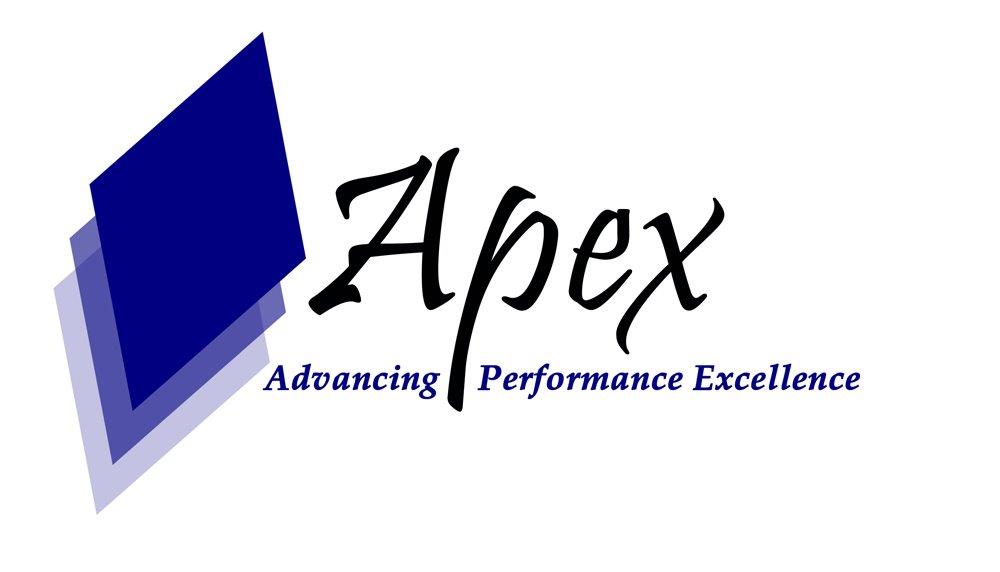Practical Skills in Building Financial Model of Electricity Bills

Electricity markets are structurally different from other commodities, and the real-time dynamic balancing of the electricity network involves many external factors. Because of this, it is not a simple matter to transfer conventional models of financial time series analysis to wholesale electricity prices. Its unique features are not observed in other markets, such as weekly and daily seasonality’s, on-peak vs off-peak hours, price spikes, etc. The fact that electricity is not easily storable and the requirement to meet the demand always makes forecasting techniques challenging.
This Financial Modelling & Tariff Setting for Utility Sector training course presents the current state-of-the-art electricity price and financial forecasting methods, including statistical time series analysis, equilibrium models, and portfolio methods. It is designed to help delegates build their own utility tariff setting model from scratch and engage in simulation cases to acquire the best practices in modelling revenue requirements.
Day One: Fundamentals To Utility Economic Regulation Model Drivers And Scenarios
Overview
Power Utility Challenges
Key Regulatory Objectives and Aspects of Tariff Regulation
Objectives of Economic Regulation
Economic Regulatory Methodologies
Need for Financial Models
Financial Modelling as a Regulatory Tool
Day Two: Utility Sustainability
Economic Sustainability
Financial Sustainability
Modelling Alternatives
Real vs Nominal
Firm or Equity Holders
Tax Treatment
Flow vs Discount Rate
Demand Projections
Revenue Requirement Building Blocks
Best practices in modelling revenue requirements to determine tariffs
Presentation of Simple Integrated Model: Single-year Model
Limitation of Test-Year Approach: Multiyear Tariffs
Day Three: Regulatory Asset Base
Asset Base Evolution
RAB & Depreciation Notes
Asset Valuation
Asset Base: Which assets to include and how to value them for regulatory purposes?
Historic vs Replacement Values
Final Asset Base
Historic vs Forecast Modeling
Day Four: Opportunity Cost Of Capital Wacc
Weighted Average Cost of Capital (WACC)
Risk Aversion
Risk vs Returns
Cost of Debt (Credit Ratings)
Country Risk Premium and Sovereign Risk Rating
WACC Calculations: Add WACC Calculation and the Revise Current Tariff Requirement
Sensitivity of Tariff to WACC and Capital Costs: Review the impact of each input to WACC on the tariff required
Day Five: Depreciation, Opex, And Capex
Regulatory Aspects of Depreciation
Depreciation Calculations I
Depreciation Calculations II
OPEX: Benchmarking Efficiency Factors & Regulatory Treatment of Losses
Operating Cost
Develop operating costs calculations
Efficiency factor estimates
Investments: Develop Investment Calculations
Exogenous Investments
Endogenous Investments
XCalibre Training Centre offers unique development and skill-based training courses internationally that aim to nurture practical result-driven abilities in individuals to keep up with the constantly changing business requirements.
We equip people with information and opportunities to propel them forward in their careers by offering training in versatile sectors, including human resources, energy and innovation, data management & IT, maritime management, and more.
Our organisation hires globally-acclaimed subject matter experts that has extraordinary references. Having this together with their academic knowledge and real-life experiences can bring out courses and seminars with best practices that ensure substantial output and benefits to the attendees.
XCalibre Training Centre assists our delegates from varied backgrounds, qualifications, designations, and industries willing to improve their career path for self-sustenance and self-realization. The end goal is to create a mutually beneficial relationship between organizations and their employees to reach their desired levels of success.
(Institute Review)
55 years ago(Institute Review)
55 years ago
. Emphasis is placed on delegates gaining hands-on experience with various valuation techniques.

In this five days workshop, you will take a blank Excel workbook to a Comprehensive Financial Model for debt Structuring, Operational and Investment Analysis. You will understand how an investor or finance banker or any external part will a

The ability to create and understand financial models is one of the most valued skills in business and finance today. Microsoft Excel with Visual Basic for Application (VBA) macros programming has been the dominant vehicle used by finance an

This comprehensive training will help the delegates learn about creating and understanding financial models. It starts with the basics and progresses towards the more complexed and logical steps to help you learn about building more robust m

This training will teach you about b building a financial model in Excel and performing sensitivity analysis through Excel application. It covers the formulas, types, and functions of financial analysis to be done as an Excel power user.
© 2025 www.coursetakers.ae All Rights Reserved. Terms and Conditions of use | Privacy Policy